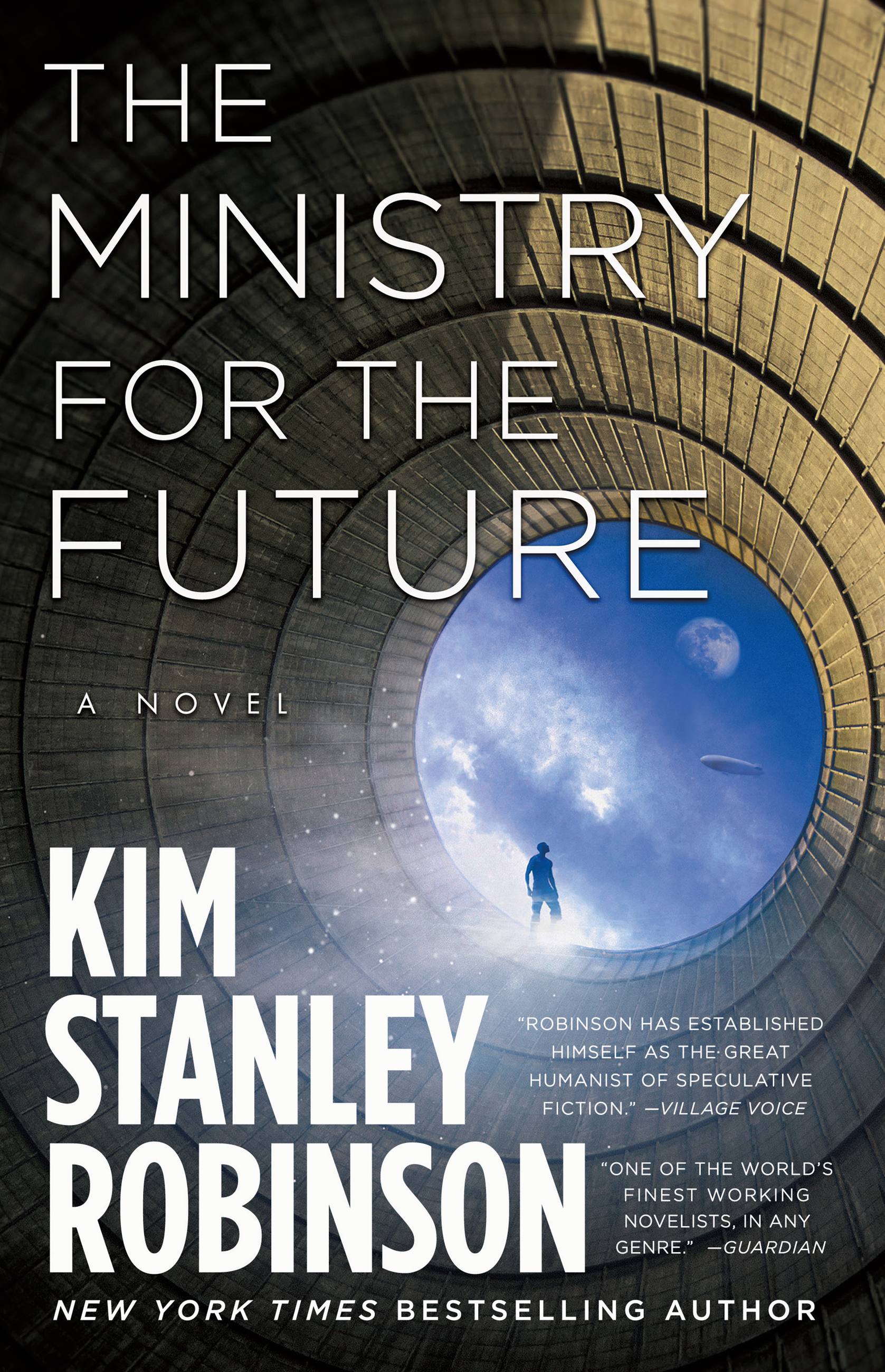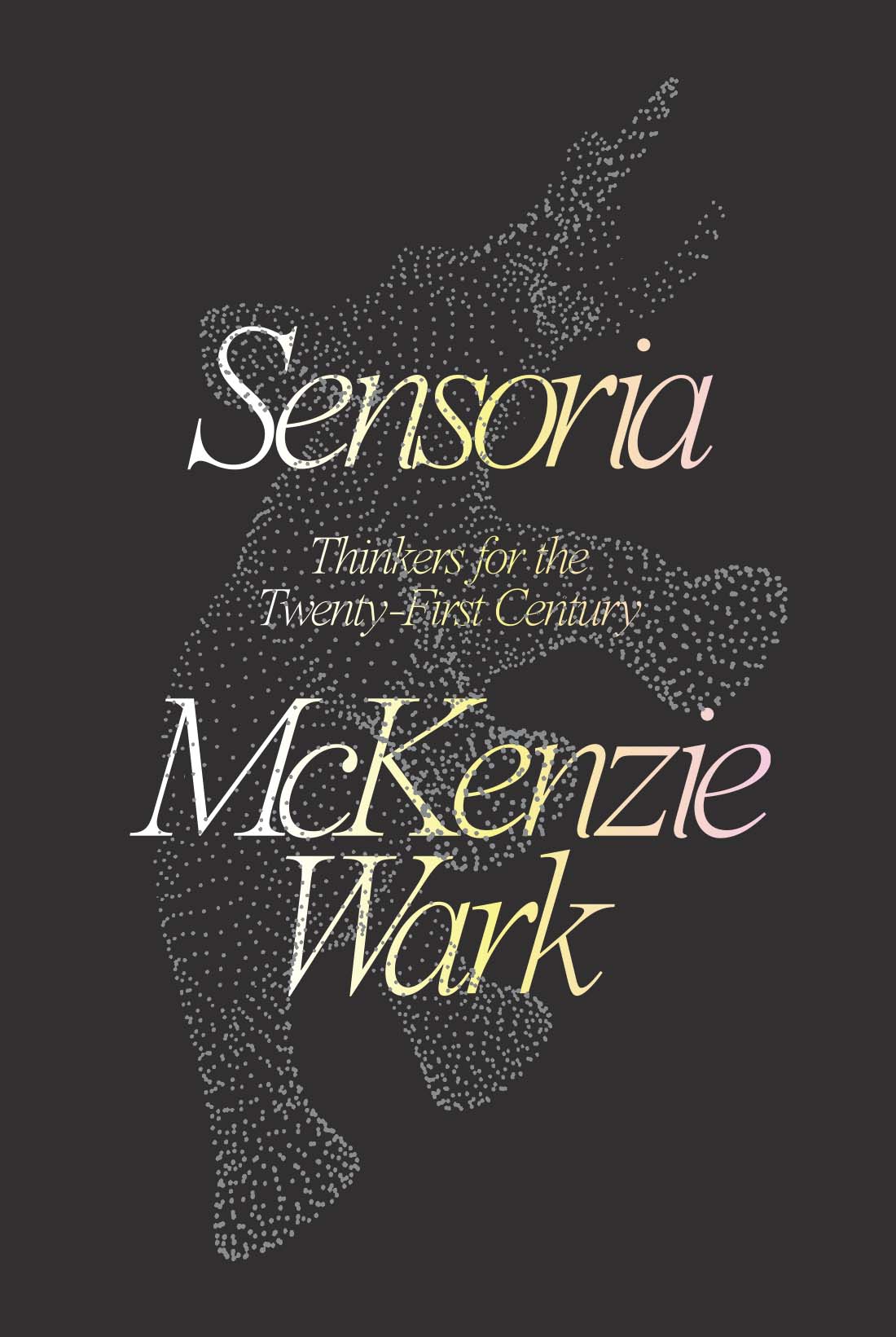Kim Stanley Robinson: The Ministry for the Future (2020)
Filed under fiction | Tags: · activism, climate, climate crisis, earth, environment, politics, resistance, science fiction, social movements, technology, utopia

“Kim Stanley Robinson is one of contemporary science fiction’s most acclaimed writers, and with this new novel, he once again turns his eye to themes of climate change, technology, politics, and the human behaviors that drive these forces. But his setting is not a desolate, post-apocalyptic world – rather, he imagines a more hopeful future, one where humanity has managed to overcome our challenges and thrive.”
Publisher Orbit Books, New York and London, Oct 2020
ISBN 9780316300131, 0316300136
563 pages
Interviews with author.
Reviews: Derrick O’Keefe (Jacobin, 2020), Gerry Canavan (Los Angeles Review of Books, 2020), Bill McKibben (New York Review, 2020), Steven Poole (The Guardian, 2020), Mark Yon (SFF World, 2020), Kirkus Reviews (2020),Michael Svoboda (Yale Climate Connections, 2020), Nick Robins (LSE blog, 2021), Cory Doctorow (2020), Ian Maxton (Spectrum Culture, 2020), George Katsiaficas (PM Press, 2021), Martin Empson (Climate & Capitalism, 2021), Bob Frame and Patrick Flamm (Polar Record, 2021).
Commentary: Andreas Malm (Verso Blogs, 2021), Jan Bělíček, Eva Klíčová (Alarm, podcast, 2024, CZ).
Book seminar: Crooked Timber (2021, Robinson’s response).
McKenzie Wark: Sensoria: Thinkers for the Twenty-first Century (2020)
Filed under book | Tags: · aesthetics, afrofuturism, anthropocene, art, detournement, earth, ethnography, hacker culture, marxism, postcolonialism, technics, theory

“A survey of the key thinkers and ideas that are rebuilding the world in the shadow of the Anthropocene
As we face the compounded crises of late capitalism, environmental catastrophe and technological transformation, who are the thinkers and the ideas who will allow us to understand the world we live in? McKenzie Wark surveys three areas at the cutting edge of current critical thinking: media ecologies, post-colonial ethnographies, and the design of technology, and introduces us to the thinking of seventeen major writers who, combined, contribute to the common task of knowing the world. Each chapter is a concise account of an individual thinker, providing useful context and connections to the work of the others.
The authors include: Sianne Ngai, Kodwo Eshun, Lisa Nakamura, Hito Steyerl, Yves Citton, Randy Martin, Jackie Wang, Wang Hui, Anna Lowenhaupt Tsing, Achille Mbembe, Eyal Weizman, Cory Doctorow, Benjamin Bratton, Tiziana Terranova, Keller Easterling, Jussi Parikka, Deborah Danowich and Eduardo Viveiros de Castro.
Wark argues that we are too often told that expertise is obtained by specialisation. Sensoria connects the themes and arguments across intellectual silos. The book is a vital and timely introduction to the future both as a warning but also as a roadmap for how we might find our way out of the current crisis.”
Publisher Verso Books, London, July 2020
ISBN 9781788735063, 1788735064
296 pages
Reviews: J.J. Charlesworth (ArtReview, 2020), Lindsay Lerman (Entropy, 2020), Travis Diehl (LA Review of Books, 2020), Jessica Caroline and Emily Colucci (Filthy Dreams, 2020).
Comment (0)Cymene Howe, Anand Pandian (eds.): Anthropocene Unseen: A Lexicon (2020)
Filed under book | Tags: · anthropocene, climate, climate crisis, earth, environment, theory
![]()
“The idea of the Anthropocene often generates an overwhelming sense of abjection or apathy. It occupies the imagination as a set of circumstances that counterpose individual human actors against ungraspable scales and impossible odds. There is much at stake in how we understand the implications of this planetary imagination, and how to plot paths from this present to other less troubling futures. With Anthropocene Unseen: A Lexicon, the editors aim at a resource helpful for this task: a catalog of ways to pluralize and radicalize our picture of the Anthropocene, to make it speak more effectively to a wider range of contemporary human societies and circumstances. Organized as a lexicon for troubled times, each entry in this book recognizes the gravity of the global forecasts that invest the present with its widespread air of crisis, urgency, and apocalyptic possibility. Each also finds value in smaller scales of analysis, capturing the magnitude of an epoch in the unique resonances afforded by a single word.
The Holocene may have been the age in which we learned our letters, but we are faced now with circumstances that demand more experimental plasticity. Alternative ways of perceiving a moment can bring a halt to habitual action, opening a space for slantwise movements through the shock of the unexpected. Each small essay in this lexicon is meant to do just this, drawing from anthropology, literary studies, artistic practice, and other humanistic endeavors to open up the range of possible action by contributing some other concrete way of seeing the present. Each entry proposes a different way of conceiving this Earth from some grounded place, always in a manner that aims to provoke a different imagination of the Anthropocene as a whole.
The Anthropocene is a world-engulfing concept, drawing every thing and being imaginable into its purview, both in terms of geographic scale and temporal duration. Pronouncing an epoch in our own name may seem the ultimate act of apex species self-aggrandizement, a picture of the world as dominated by ourselves. Can we learn new ways of being in the face of this challenge, approaching the transmogrification of the ecosphere in a spirit of experimentation rather than catastrophic risk and existential dismay? This lexicon is meant as a site to imagine and explore what human beings can do differently with this time, and with its sense of peril.”
Publisher Punctum Books, February 2020
Creative Commons BY-NC-SA 4.0 International License
ISBN 9781950192557
540 pages
PDF, PDF (218 MB)
Earlier online edition (2016-2017)

